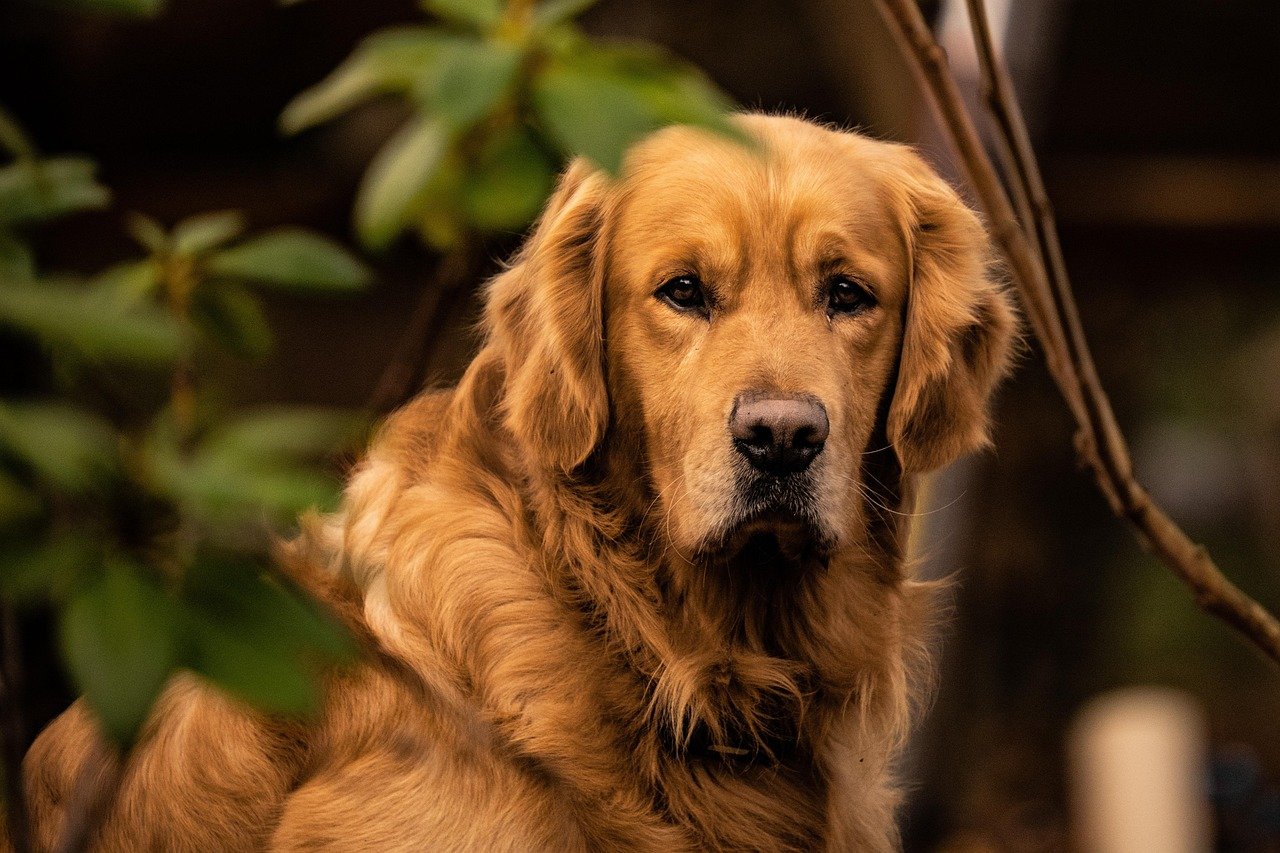Golden Retrievers are known for their gentle nature and loyalty, but keeping them healthy and happy takes a bit of know-how at every stage of life. Whether you’re raising a bouncy puppy, caring for an energetic adult, or supporting a senior golden, their needs change as they grow. From nutrition and grooming to exercise and emotional well-being, daily care plays a huge role in their overall happiness. These loving dogs thrive on companionship, structure, and a little extra attention to detail. Let’s break down the essential care tips to keep your Golden thriving from puppyhood to their golden years!
Understanding the Golden Retriever Personality
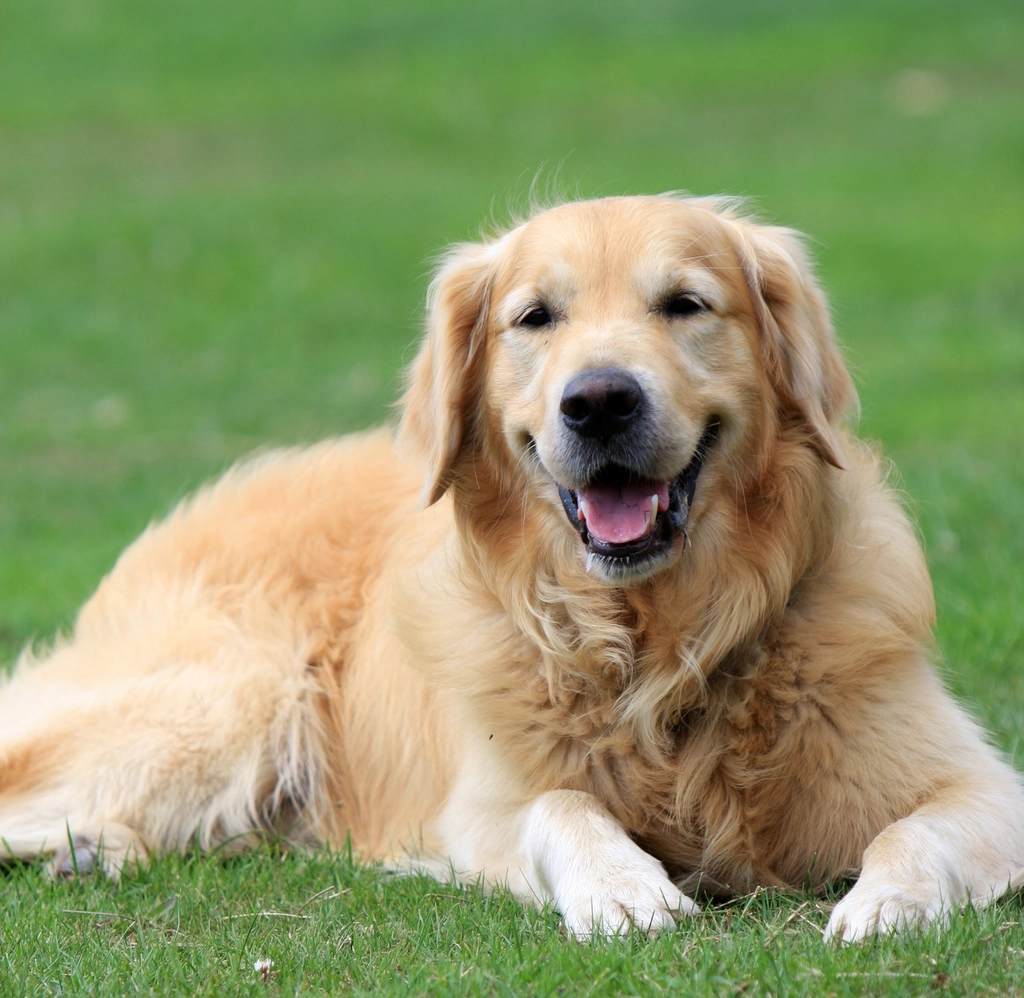
Golden Retrievers are famous for their affectionate nature and boundless energy. They’re the best friends you never knew you needed, always ready for a cuddle or a game of fetch. At their core, they are eager to please, making training a little easier and bonding effortless. However, their sensitive hearts mean they need gentle guidance and lots of reassurance. These dogs thrive on routine and feel most secure when they understand what’s expected of them. Leaving them alone for long periods can lead to anxiety or destructive behavior. If you give them patience, love, and plenty of attention, they’ll reward you with unwavering loyalty.
Nutrition Matters: Feeding Your Golden Retriever
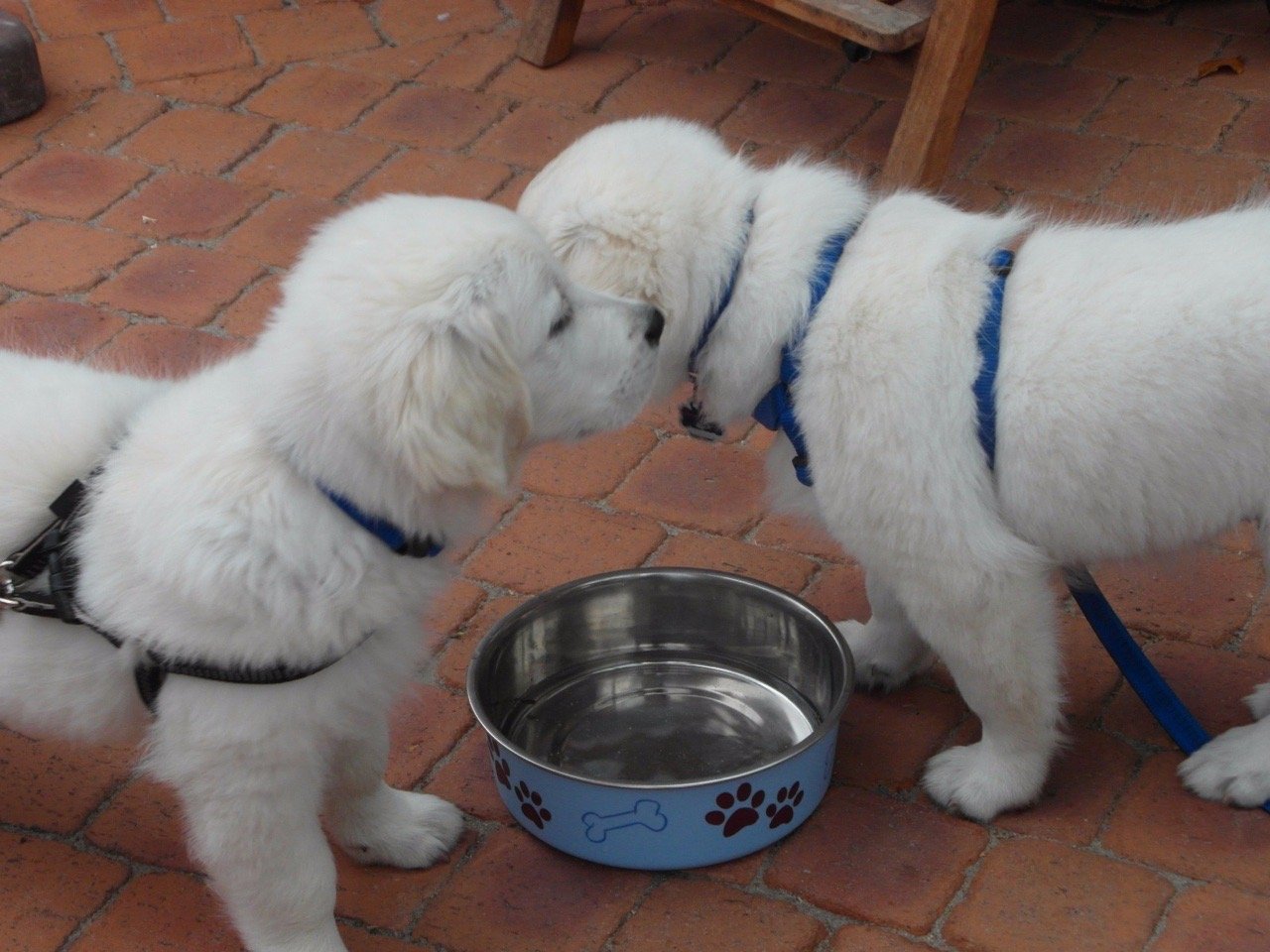
A healthy Golden Retriever starts with a well-balanced diet. Puppies need food packed with protein and fat to support their rapid growth and boundless energy. As they mature into adulthood, their calorie needs change, and it’s crucial to switch to a formula that maintains muscle but avoids unnecessary weight gain. Seniors, on the other hand, benefit from foods that support joint health and are lower in calories to prevent obesity. No matter their age, always provide fresh water and avoid feeding scraps from the table, which can upset their stomachs. Choosing quality dog food and monitoring their weight can add years of tail wags to their life.
Exercise and Activity: Keeping That Tail Wagging
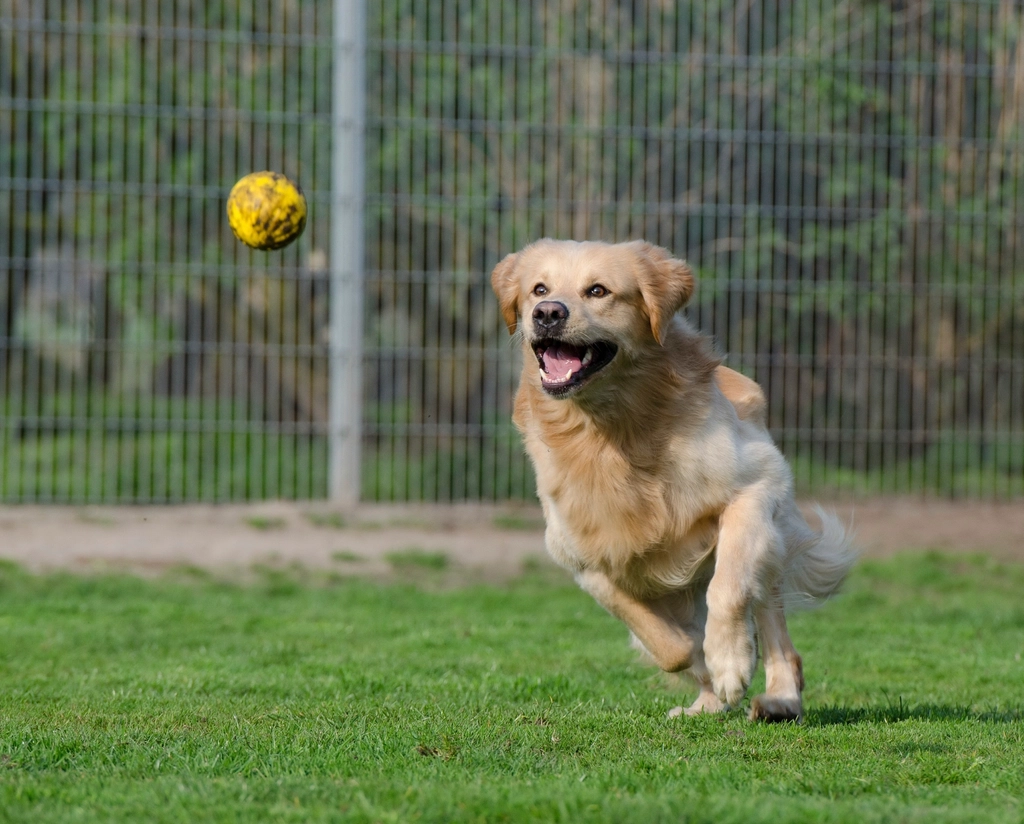
Golden Retrievers are natural athletes. Regular exercise is not just a luxury—it’s essential for their well-being. Puppies need short, frequent play sessions to burn energy and learn coordination. Adult Goldens crave longer walks, runs, or games of fetch to keep boredom at bay and muscles strong. For seniors, gentle strolls and light play are best to maintain mobility without overexertion. If you skip their daily exercise, don’t be surprised if you find a chewed-up shoe waiting for you! A tired Golden is a happy Golden, and structured activity is the key to a peaceful home.
Training Tips for Every Life Stage
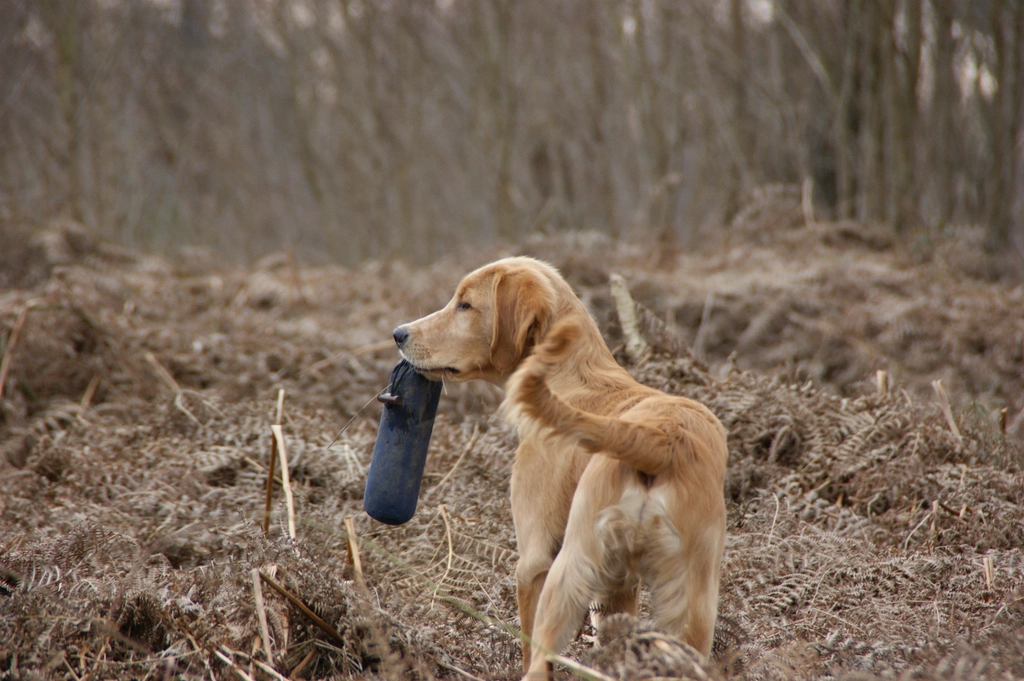
Golden Retrievers are smart and love to learn, but training should match their age and temperament. Puppies are like sponges, eager to soak up commands and routines, but they need lots of repetition and positive reinforcement. Adults can handle more advanced training, like agility or obedience classes, which keep their minds sharp. Seniors may need a refresher on basic commands, especially if their hearing or vision fades. Always use gentle words and treats rather than harsh discipline—Goldens respond best to kindness. Training not only builds good manners but also deepens your special bond.
Grooming: Keeping That Golden Coat Gleaming

One of the most iconic features of a Golden Retriever is their beautiful, flowing coat. But beauty comes at a price—these dogs shed, and they shed a lot! Regular brushing, at least three times a week, helps keep mats and tangles at bay and reduces the amount of hair on your furniture. Bathing should be done every few months or whenever they get particularly messy. Pay attention to their ears, as Goldens are prone to infections; weekly checks and gentle cleaning are a must. Don’t forget their nails—trim them monthly to avoid discomfort. A well-groomed Golden is not just pretty; they’re comfortable and healthy, too.
Health Checks and Veterinary Visits

Routine veterinary care is the backbone of a long, happy life for your Golden Retriever. Puppies need a series of vaccinations and early health screenings. As your dog grows, annual check-ups will catch potential issues before they become serious—think of them as early warning systems for your best friend. Goldens are prone to certain genetic conditions, such as hip dysplasia and heart problems, so regular vet visits are especially important. Senior dogs should see the vet twice a year, as aging can bring new health challenges. Never ignore changes in appetite, energy, or behavior—your vet can help you unravel any mystery ailments.
Mental Stimulation: Exercising the Mind

A bored Golden Retriever can quickly become a mischievous one. These dogs are thinkers and need mental challenges to stay content. Puzzle toys, scent games, and new tricks keep their brains buzzing with excitement. For puppies, simple games like hide and seek or teaching them to find their favorite toy are perfect. Adult Goldens enjoy more complex tasks, such as agility courses or advanced obedience work. Even seniors benefit from brain games—gentle, low-impact activities can keep them sharp. Mental stimulation is just as important as physical exercise and keeps those golden eyes sparkling with curiosity.
Socialization: The Heart of a Happy Golden
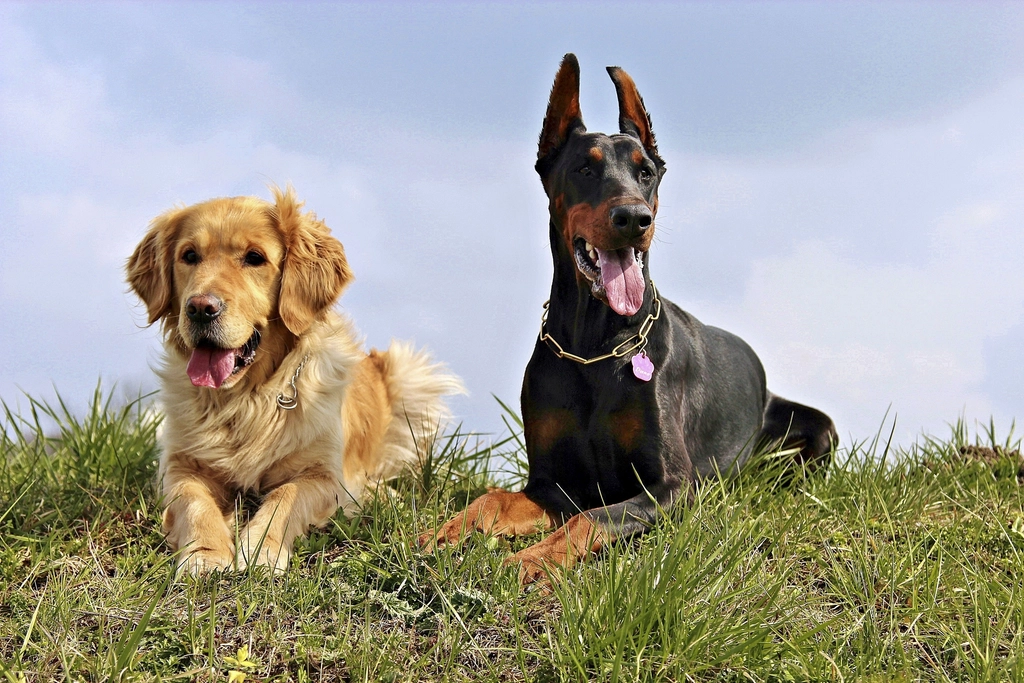
Golden Retrievers are social butterflies. They crave interaction with people and other animals. Early socialization helps puppies grow into well-adjusted adults who can handle new situations with confidence. Take your puppy to meet friendly dogs, visit new places, and introduce them to a variety of people. Adults benefit from ongoing social activities, whether it’s a romp at the dog park or a stroll around the neighborhood. Senior dogs, while sometimes less energetic, still need companionship—regular walks and gentle playdates keep loneliness at bay. Socialization builds trust and helps prevent fear or aggression later in life.
Handling Common Health Issues

Golden Retrievers are generally robust, but they do have some common health concerns. Allergies, skin conditions, and ear infections can crop up at any age. Watch for signs like excessive scratching, licking, or head shaking. Hip and elbow dysplasia, as well as certain cancers, are more frequent in this breed, especially as they age. Maintaining a healthy weight and regular vet visits can help catch these problems early. Don’t ignore sudden changes—if something feels off, trust your instincts. Prompt attention can make all the difference for your beloved companion.
Making Life Comfortable for Senior Goldens
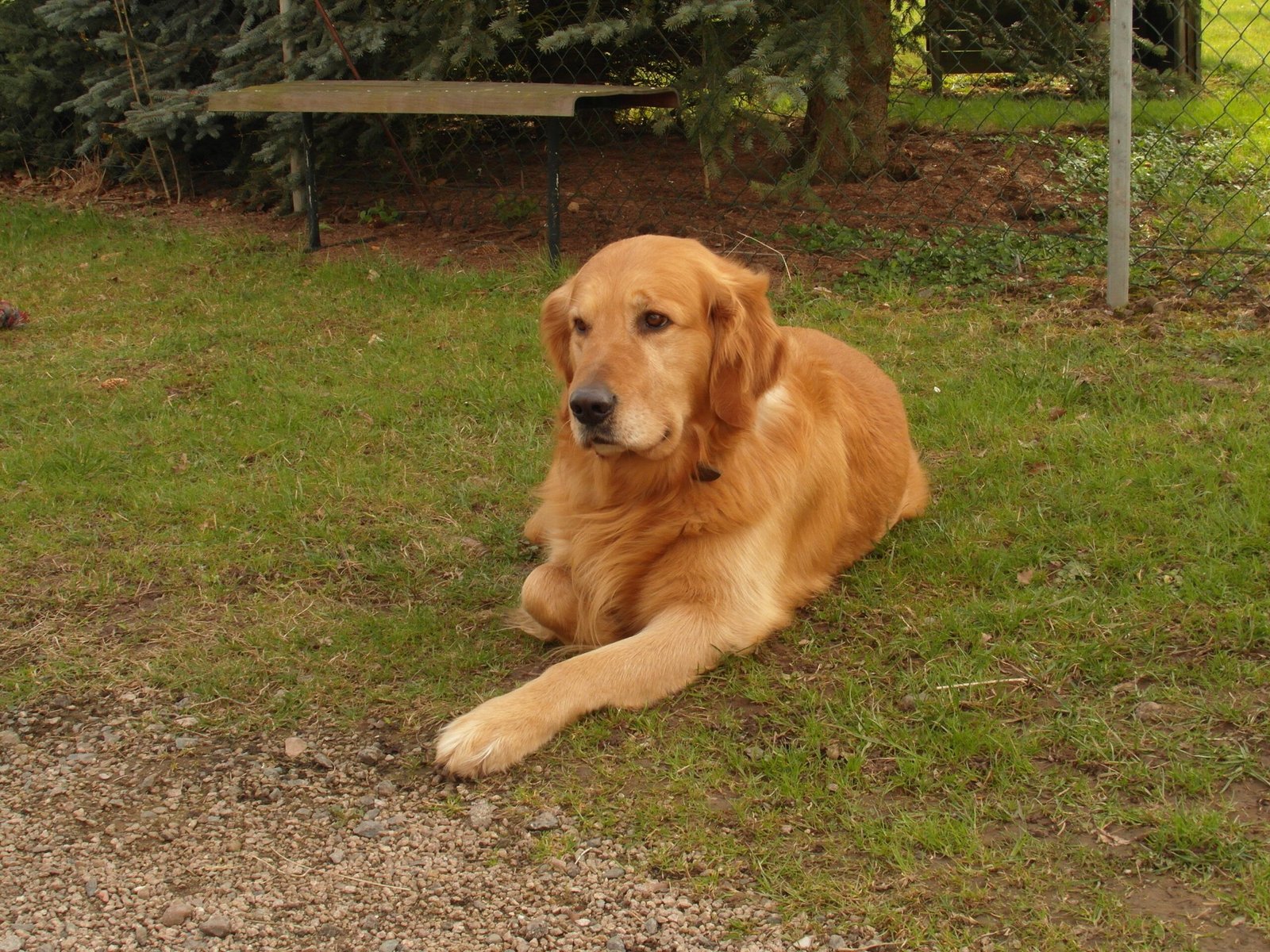
As Golden Retrievers age, their needs shift dramatically. Older dogs may move more slowly, tire easily, or develop arthritis. Provide them with soft bedding, easy access to favorite spots, and ramps if stairs become a challenge. Adjust their exercise routine to include more gentle walks and plenty of rest. Nutrition is crucial—look for senior formulas that support joint health and maintain a healthy weight. Regular vet check-ups are even more important in these golden years. Above all, shower them with love and patience; a senior Golden’s gratitude is truly heartwarming.
Caring for your Golden Retriever through every stage of life means adapting to their changing needs with love and attention. Whether they’re a playful pup or a wise senior, your efforts help them stay healthy, happy, and connected to you. The little things—like regular grooming, vet checkups, and daily play—make a big difference over time. Stay in tune with your Golden, and they’ll reward you with endless loyalty, affection, and tail wags for years to come.

Esther is from India; the heartbeat of South Asia, holding a Master’s degree in Zoology and a postgraduate diploma in Animal Welfare. Her enthusiasm for animal welfare drives her passion and dedication to working for animals, ensuring their well-being, and advocating for their rights. With a solid academic background and hands-on experience, she is committed to making a positive impact in the field of animal welfare. In her free time, she enjoys embroidery and sewing. As a Chennaite from Tamil Nadu, Esther loves Bharathanatyam, an Indian classical dance form.

